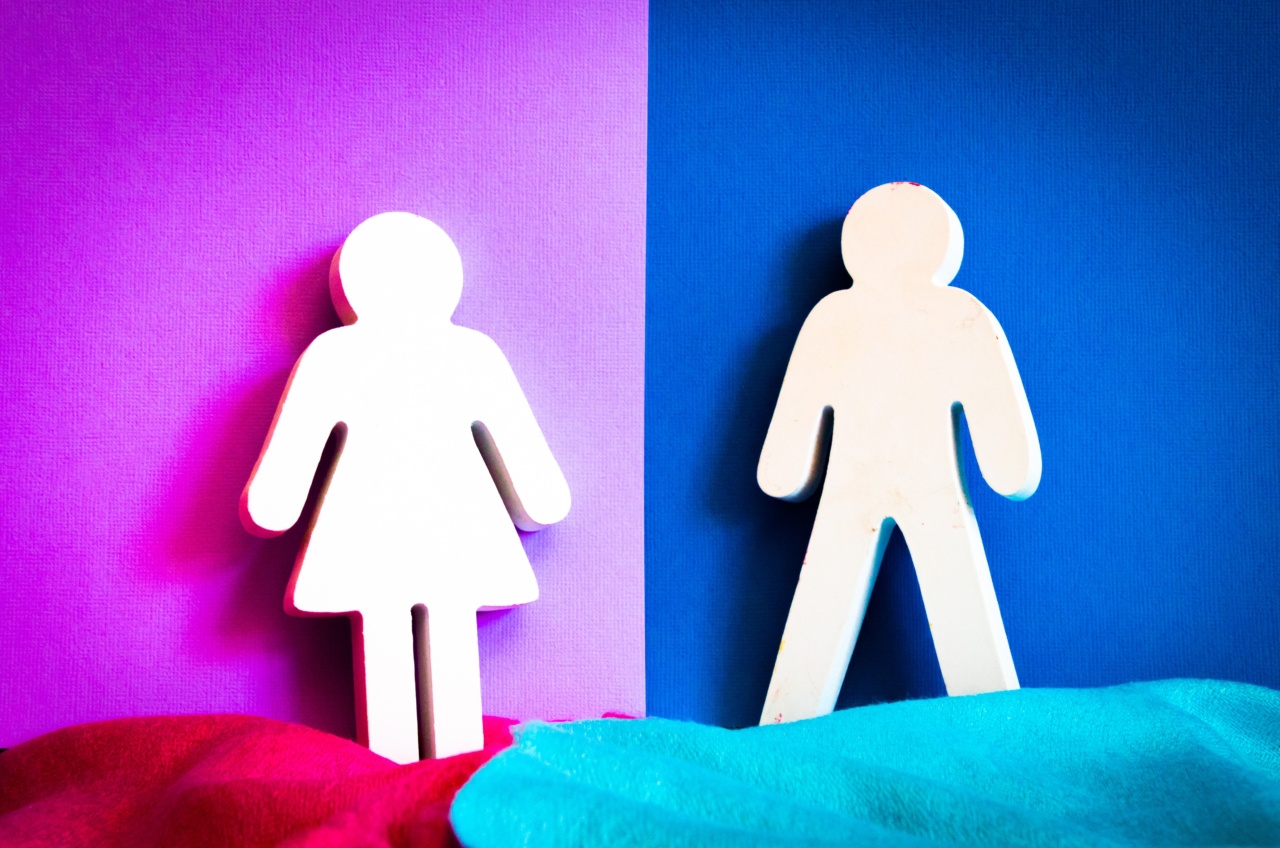Childbirth is often seen as a joyous occasion for parents, but what many people fail to realize is that it can also be a challenging and overwhelming experience.
While postpartum depression is commonly discussed among mothers, it is important to understand that men can also experience this condition. Known as male postpartum depression or paternal postpartum depression (PPND), it is a serious mental health issue that affects new fathers.
In this article, we will delve into the signs and symptoms of male postpartum depression, aiming to promote awareness, empathy, and support for fathers during this delicate phase of their lives.
The Prevalence of Male Postpartum Depression
Traditionally, postpartum depression has been associated with women due to the hormonal and physical changes they experience after giving birth. However, research indicates that approximately 10% of new fathers also suffer from postpartum depression.
This condition commonly affects men within the first year of their child’s birth, with symptoms typically surfacing within the first three to six months.
Signs and Symptoms of Male Postpartum Depression
Male postpartum depression can manifest in various ways, and it is essential to recognize the signs and symptoms to provide appropriate support and treatment. Below are some common indicators:.
1. Emotional Withdrawal and Isolation
Men experiencing postpartum depression may withdraw emotionally from their partner and loved ones. They may isolate themselves and show decreased interest in social activities they previously enjoyed, preferring to be alone.
2. Irritability and Anger
Feeling overwhelmed and unable to cope, new fathers with postpartum depression may exhibit increased irritability, impatience, and anger. They may have a short fuse and become easily frustrated even over minor issues.
3. Fatigue and Sleep Disturbances
Like mothers with postpartum depression, new fathers can also experience sleep disturbances. They may struggle to fall asleep, stay asleep, or experience a general feeling of fatigue, regardless of the hours slept.
4. Loss of Interest and Enjoyment
Fathers suffering from postpartum depression may lose interest in activities they once found enjoyable. They may feel detached from hobbies, work, and other aspects of life, resulting in a diminished sense of pleasure or purpose.
5. Anxiety and Restlessness
Anxiety is a common symptom of male postpartum depression. Fathers may worry excessively about their ability to care for their child or their family’s future, leading to restlessness and an inability to relax.
6. Physical Symptoms
Physical symptoms such as headaches, digestive issues, and muscle aches can also accompany male postpartum depression. These physical manifestations are a result of the emotional distress a father may be experiencing.
7. Changes in Appetite
Men with postpartum depression may experience changes in appetite, such as overeating or a loss of appetite. This can lead to weight gain or weight loss, respectively.
8. Difficulty Bonding with the Baby
As the main focus of postpartum depression is often the mother-child relationship, fathers may struggle to bond with their newborn. They may feel disconnected or disinterested, which can result in guilt or shame.
9. Suicidal Thoughts
In extreme cases, fathers with postpartum depression may experience suicidal thoughts. It is crucial to take any mention or indication of self-harm seriously and seek immediate professional help if required.
10. Reluctance to Seek Help
Many men hesitate to seek help for postpartum depression due to societal expectations and stigmas surrounding masculinity and mental health.
Encouraging and normalizing help-seeking behavior is essential to support fathers struggling with this condition.
Support and Treatment Options
If you notice symptoms of postpartum depression in yourself or a loved one, it is crucial to seek support and treatment. Here are a few options:.
– Professional counseling or therapy: Talking to a mental health professional can provide a safe space to express emotions, learn coping strategies, and receive guidance.
– Medication: In some cases, healthcare providers may prescribe antidepressant medication to alleviate symptoms. It is essential to consult a doctor before starting or stopping any medication.
– Support groups: Joining support groups specifically designed for fathers experiencing postpartum depression can help individuals realize they are not alone in their struggles and gain valuable insights from others.
– Open dialogue and education: Educating oneself and loved ones about male postpartum depression can help foster understanding, empathy, and effective communication.
Conclusion
Male postpartum depression is a real and significant issue that affects not only mothers but also fathers during the life-changing phase of becoming a parent.
Understanding the signs and symptoms of this condition is crucial in order to provide appropriate support, treatment, and destigmatization. By promoting awareness and empathy, we can ensure an inclusive environment that prioritizes the mental health and well-being of all parents.





























